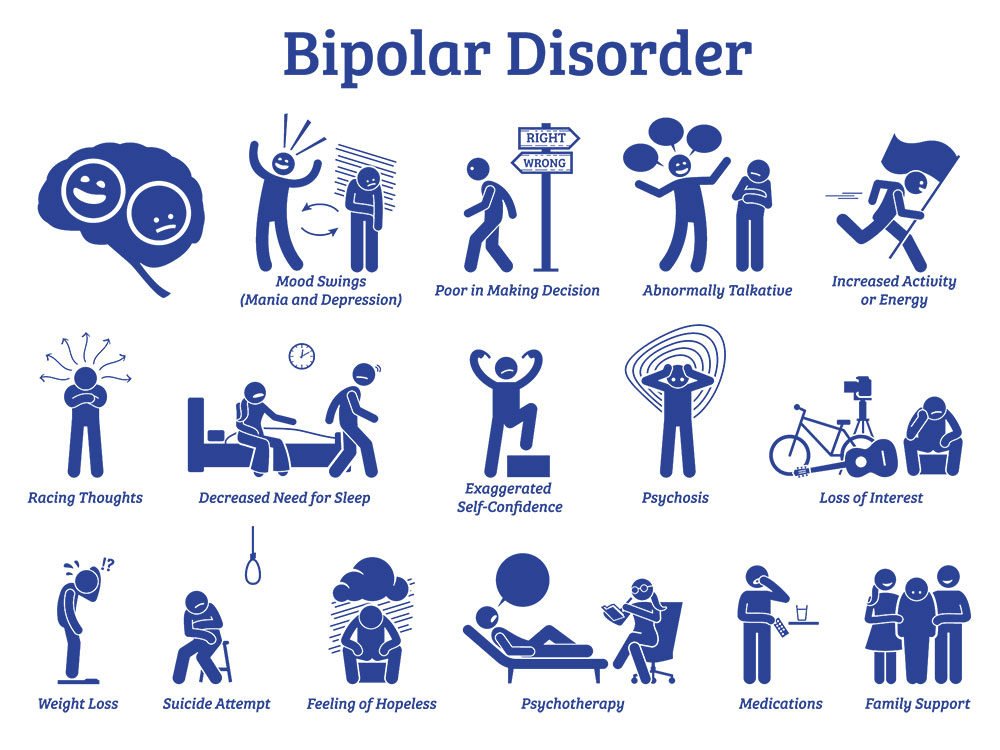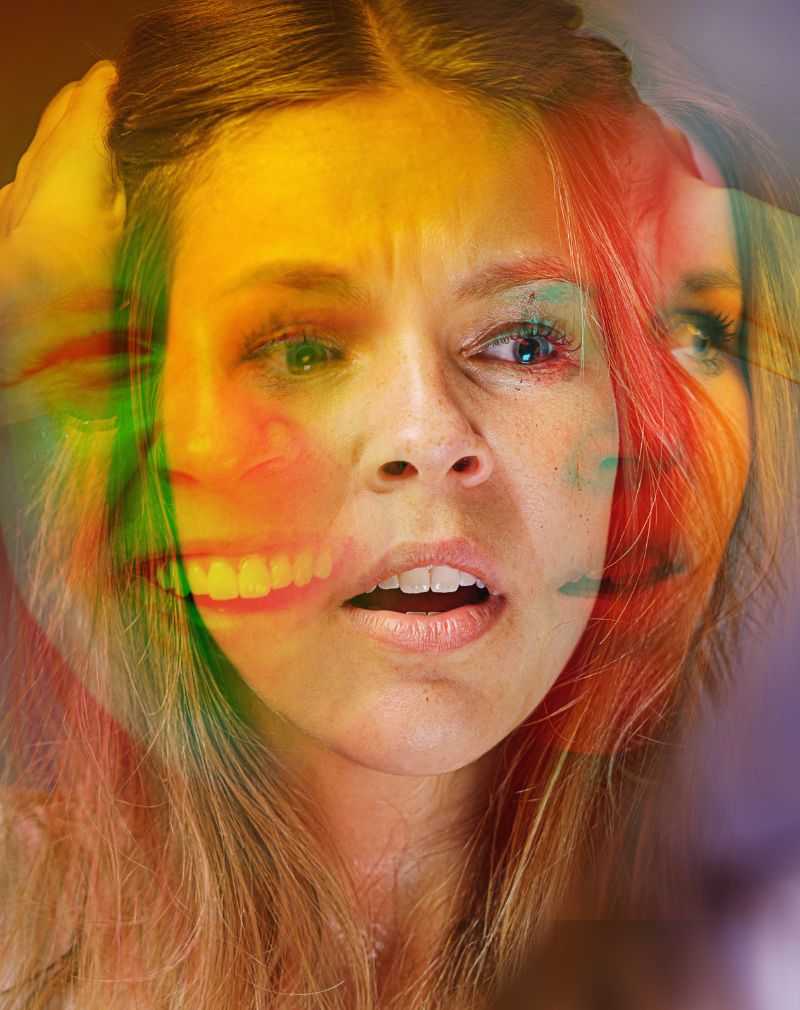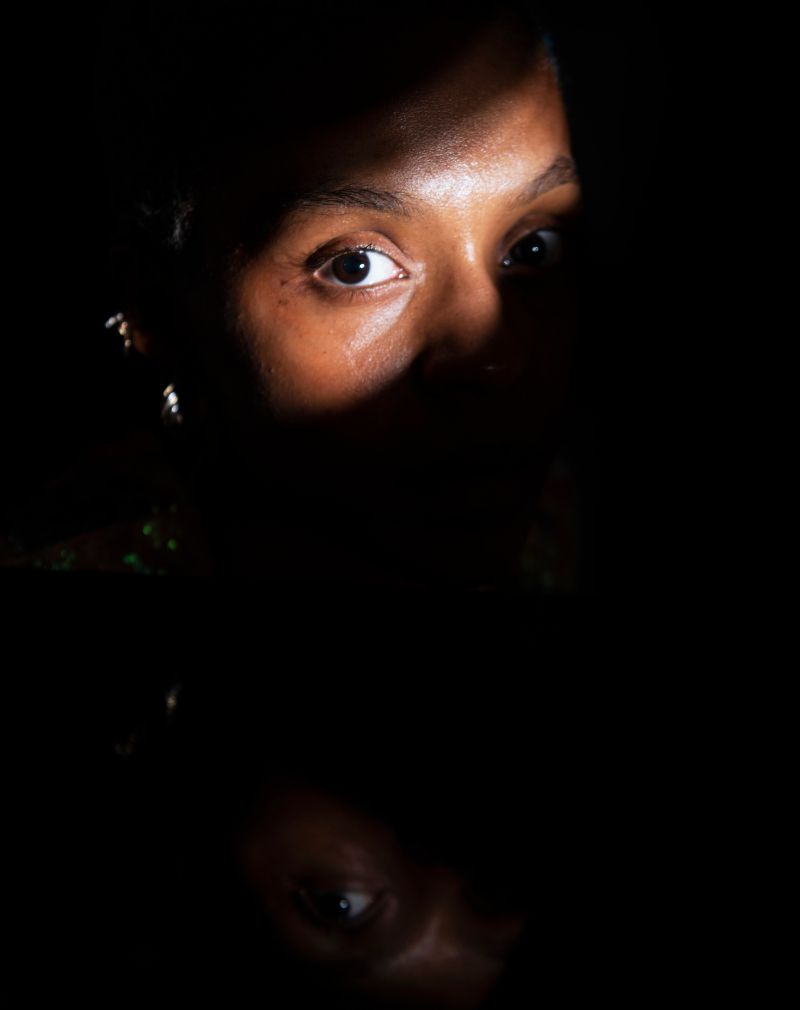We, at the American Wellness Center, located in Dubai Healthcare City, are deeply committed to enhancing mental health awareness and offering exceptional support to those facing the challenges of mental disorders. Our mission is to provide a beacon of hope and a source of strength for individuals navigating the complexities of both acute and chronic mental health conditions. This guide aims to illuminate the path for understanding, treating, and living with mental health disorders, underlining our dedication to fostering well-being and resilience within our community.
The Spectrum of Mental Health Disorders
Mental health disorders encompass a broad range of conditions that affect mood, thinking, and behavior, significantly impacting daily life and overall well-being. With statistics indicating that one in four people will encounter these challenges at some point in their lives, the necessity for effective care and support cannot be overstated.
Acute Mental Disorders: Understanding Sudden Changes
Acute mental disorders are marked by their sudden onset, often in response to stress or traumatic events. Conditions such as acute stress disorder and brief psychotic disorder are characterized by intense symptoms that disrupt normal functioning. At American Wellness Center, our adept team provides immediate care through therapy and medication, aiming to manage symptoms efficiently and prevent future episodes.
Navigating Chronic Mental Disorders: A Deeper Dive
Chronic mental disorders, such as schizophrenia, bipolar disorder, and major depressive disorder, represent complex conditions that require a nuanced understanding for effective management and care. Each of these disorders impacts individuals in unique ways, affecting their ability to function, maintain relationships, and pursue personal goals. Below, we delve deeper into each of these conditions, highlighting their characteristics, challenges, and the importance of tailored approaches to treatment.
Schizophrenia
Schizophrenia is a severe mental health condition characterized by disruptions in thought processes, perceptions, emotional responsiveness, and social interactions. Individuals with schizophrenia may experience a range of symptoms, including:
- Hallucinations: Hearing, seeing, or feeling things that are not present.
- Delusions: Strong beliefs that are not based in reality, such as paranoia.
- Disorganized Thinking: Difficulty organizing thoughts, leading to impaired communication.
- Reduced Social Engagement: Withdrawal from social situations and activities.
- Emotional Flatness: Showing less emotion, which affects the ability to form close relationships.
Managing schizophrenia often requires a combination of medication, such as antipsychotics, to control symptoms, alongside psychotherapy, social support, and rehabilitation efforts aimed at improving life skills and social functioning.
Bipolar Disorder
Bipolar disorder is marked by extreme mood swings, ranging from manic highs to depressive lows. These mood episodes can affect sleep, energy levels, behavior, judgment, and the ability to think clearly. Bipolar disorder is divided into several subtypes, including Bipolar I, Bipolar II, and Cyclothymic Disorder, each with its unique pattern of mood swings.
- Manic Episodes: Periods of overly joyful or overexcited states, where individuals may engage in risky behaviors, have inflated self-esteem, or little need for sleep.
- Depressive Episodes: Periods of sadness, hopelessness, and loss of interest or pleasure in most activities.

Treatment for bipolar disorder often includes mood stabilizers, antipsychotic medications, and antidepressants, combined with psychotherapy approaches like cognitive-behavioral therapy (CBT) and psychoeducation to help manage symptoms and prevent relapse.
Major Depressive Disorder
Major depressive disorder (MDD) is characterized by persistent sadness and a lack of interest or pleasure in previously enjoyed activities. It goes beyond the normal sadness or grief from life’s challenges, significantly impacting daily functioning. Symptoms include:
- Persistent Sad or Empty Mood: Feeling hopeless, tearful, or empty inside.
- Loss of Interest: In activities once enjoyed, including sex.
- Changes in Appetite or Weight: Significant weight loss or gain unrelated to dieting.
- Sleep Disturbances: Insomnia or sleeping too much.
- Fatigue or Loss of Energy: Feeling unusually tired and unable to complete daily tasks.
- Feelings of Worthlessness or Excessive Guilt: Harsh criticism of oneself for perceived faults and mistakes.
The treatment of MDD often involves antidepressants and psychotherapy, especially cognitive-behavioral therapy (CBT) or interpersonal therapy (IPT). In some cases, other treatments like electroconvulsive therapy (ECT) or repetitive transcranial magnetic stimulation (rTMS) may be considered.
Dr. Muhammad S. Tahir, a consultant psychiatrist and neurologist, discusses TMS (Transcranial Magnetic Stimulation), an FDA-approved treatment for resistant depression. Unlike traditional therapies, TMS allows patients to stay awake and active during sessions, with benefits extending beyond the treatment period, improving personal, professional, and family life.
Understanding chronic mental disorders like schizophrenia, bipolar disorder, and major depressive disorder requires recognizing the depth of their impact on individuals’ lives. Effective treatment is multifaceted, involving a combination of pharmacological approaches, psychotherapy, and ongoing support. Tailoring these treatments to the individual’s specific needs is crucial for improving their quality of life and enabling them to navigate the complexities of their conditions with dignity and resilience.
Our Holistic Approach at American Wellness Center
Personalized Treatment Plans
Recognizing the uniqueness of each individual, we craft personalized treatment plans integrating medication management and psychotherapy. Our goal is to stabilize symptoms and equip patients with coping tools for the emotional and psychological aspects of their disorder.
Medication Management
Medications play a critical role in managing symptoms of chronic mental disorders. Our psychiatrists are at the forefront of pharmacological treatments, striving to tailor medication regimens that balance efficacy with minimal side effects.
Psychotherapy
Our therapists utilize various evidence-based techniques, such as cognitive-behavioral therapy (CBT) and dialectical behavior therapy (DBT), offering a safe space for patients to navigate their thoughts, feelings, and behaviors, fostering skills for life’s challenges.
Continuous Support
Understanding that the journey with a chronic mental disorder requires ongoing support, we offer continuous care, adapt treatment plans as needed, and encourage participation in support groups and workshops, cultivating a community of understanding and mutual aid.
Empowering Our Patients
Empowerment is at the core of our mission. We aim to enable individuals to manage their conditions, confront challenges, and pursue their goals, ensuring they lead fulfilling lives despite their mental health challenges.
We, at the American Wellness Center, Dubai, are dedicated to a future where individuals with mental disorders can live with dignity, realize their potential, and enjoy life’s richness. By providing comprehensive care, fostering a supportive community, and advocating for mental health awareness, we stand as a pillar of support for those we serve.
Thank you for joining us on this journey towards better mental health. Remember, you are not alone; we, at the American Wellness Center, Dubai, are here to support you every step of the way.



